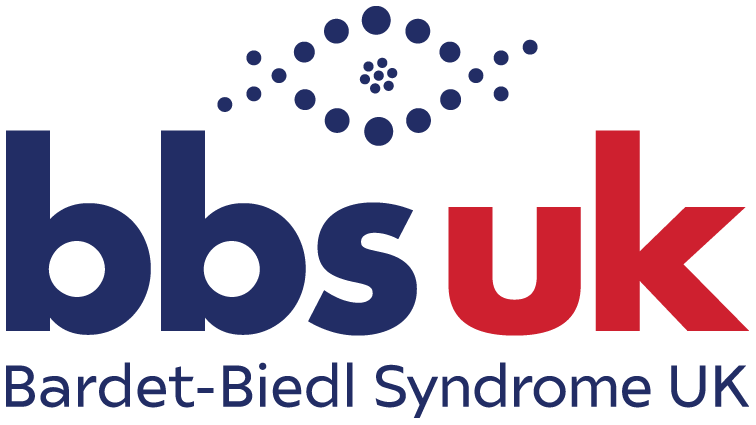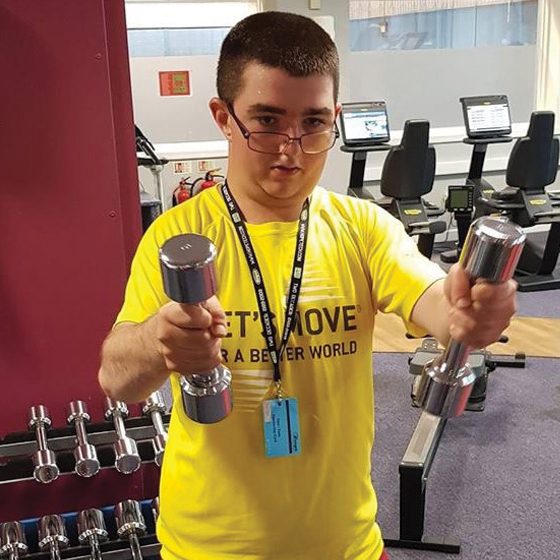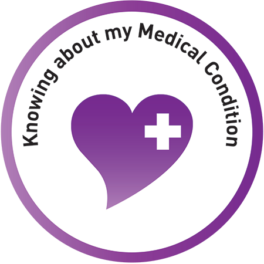Knowing about my Medical Condition
Developing your knowledge about BBS is the first step towards having more control over your health and wellbeing. Young people who have BBS may have some of these symptoms and may have others not listed here. It is important to remember that everyone with BBS is different and will be affected in different ways.
Visual Impairment: You may have an eye condition called Rod-Cone Dystrophy. This means that you may experience difficulties with your vision which may be worse at night and get worse as you get older. You may see a specialist eye doctor called an ophthalmologist.
Obesity: You may have to work really hard to keep to a healthy weight and may see a dietitian who can support you with following a healthy lifestyle.
Learning difficulties: You may need extra help at school or college. You may have an Individual Education Plan or an Education, Health and Care Plan that describes any extra support and resources that you need.
Emotional difficulties: You may find it hard to manage your emotions sometimes and may struggle with anxiety and low mood. You may see a counsellor or clinical psychologist who can help with this.
A counsellor can help you talk about BBS and your emotions and identify what you are worried about.
Developmental delay: It may have taken you longer to reach milestones such as walking, talking, reading and writing.
Kidney issues: The doctors may keep an eye on your kidney function and you may follow a special diet. You may see a kidney doctor called a nephrologist.
Extra fingers and/or toes: You may have extra fingers or toes or have had them removed when you were little.
If you are worried about any of the above information, talk to a parent/carer or trusted adult. If you have an appointment coming up at a BBS clinic, write your questions down to discuss with your healthcare team; it is important that you don’t ‘bottle up’ any worries.


